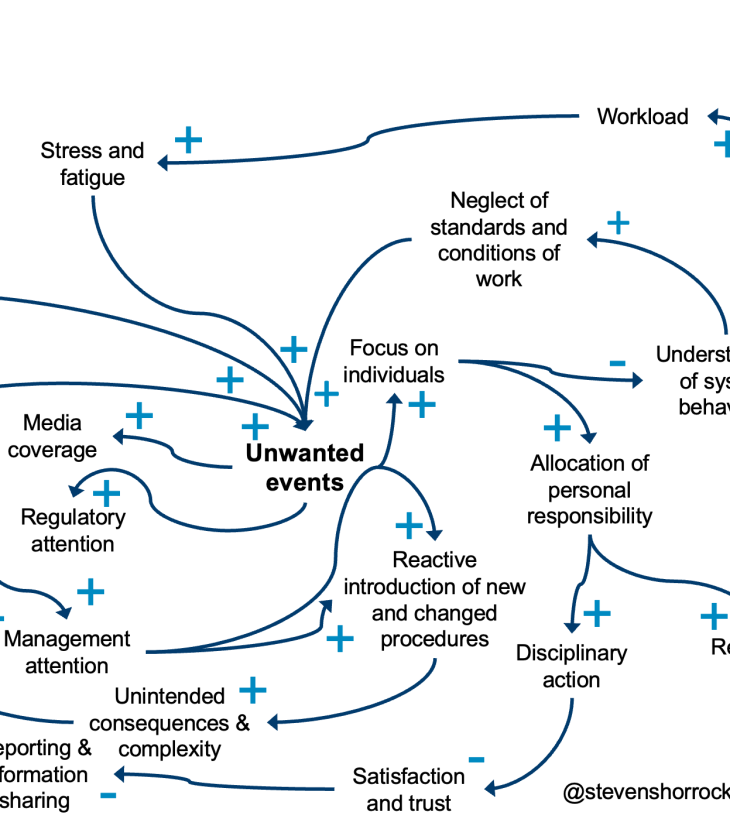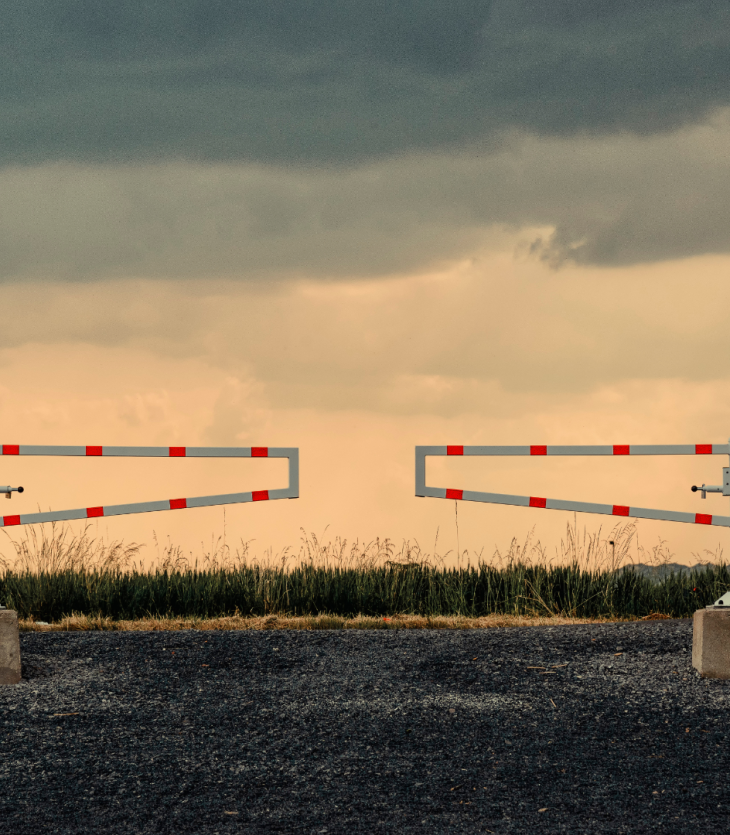One way to understand the links between unwanted events, conditions and interventions is via causal…
Tag: human error
From early rides on the roads, in the sea and in the sky, to diverse…
Twenty years ago, I completed my PhD on human factors in air traffic control. Part…
This article is a reproduction of an article published in HindSight magazine issue 35 in September 2023 (all issues available…
This article is a reproduction of an article published in HindSight magazine issue 35 in September 2023 (all issues available…
In this short series, I will highlight seven foes and seven friends of system safety, both for explanation and intervention. Each is a concept, meme, or device used in thinking, language, and intervention (reinforced by more fundamental foes that act as barriers to thinking). They are not the only foes or friends, of course, but they are significant ones that either crop up regularly in discussions and writings about safety, or else – in the case of friends – should do.
In many professions, specific terms – both old and new – are often established and accepted unquestioningly, from the inside. In some cases, such terms may create and perpetuate inequity and injustice, even when introduced with good intentions. One example that has played on my mind over recent years is the term ‘second victim’.
Most organisations seem to use a classification system (or taxonomy) of some sort, for instance for safety classification, and much time is spent developing and using such taxonomies. Importantly, decisions may be made on the basis of the taxonomy and associated database outputs (or it may be that much time is spent on development and use, but little happens as a result). There is therefore a risk of time and money spent unnecessarily, with associated opportunity costs. Still, taxonomies are a requirement in all sorts of areas, and several things should be kept in mind when designing and evaluating a taxonomy. This posts introduces twelve properties of effective classification systems.
This second post in a series on Four Kinds of ‘Human Factors’ explores another kind of human factors: Factors of Humans.
It was always going to happen. The wrong Best Picture winner was read out live on…








